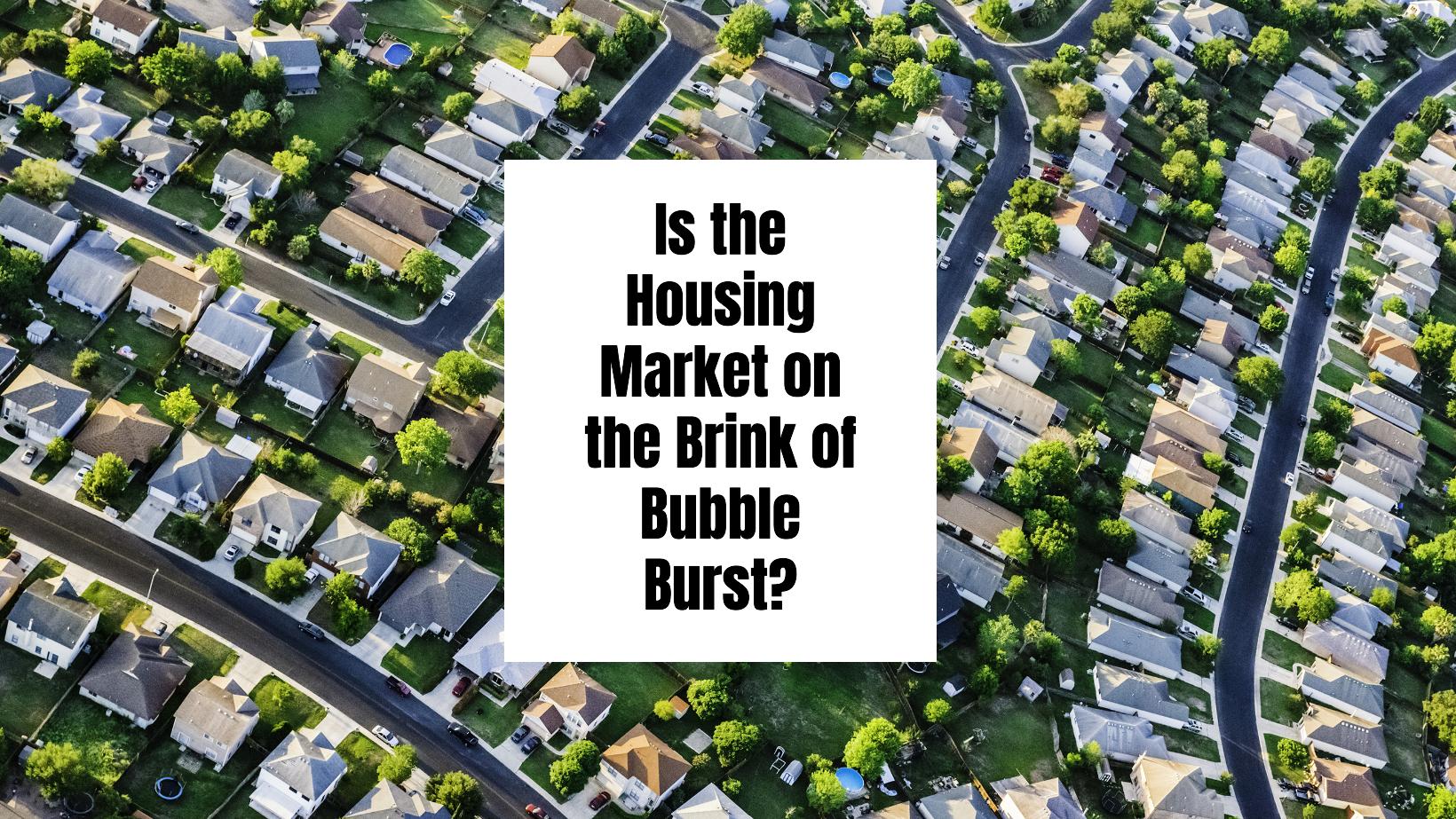A
s the year 2024 draws to a close, concerns about the housing market's stability are on everyone's minds. While economic pressures have created a complex landscape, experts believe that a full-scale market crash is unlikely. Let's examine emerging trends and predictions for the coming years.
Key Takeaways:
* Mortgage rates remain above 6%, making home buying less affordable.
* Home prices are expected to rise by about 3.8% overall by the end of 2024.
* Low inventory levels continue to fuel competition among buyers, driving up prices despite rising interest rates.
* Regional disparities exist, with some areas like Florida facing mounting challenges and potential instability.
The US housing market is experiencing a mix of challenges and opportunities. According to Bankrate, the median sale price for existing homes was around $404,500 in October 2024, reflecting sustained price levels despite a slowing sales pace. Interest rates hovering above 6% remain a significant hurdle, making mortgages pricier than they were just a couple of years ago.
The National Association of Realtors forecasts that home prices may increase by around 3.8% overall by the end of 2024. While this represents a slower pace compared to previous years, the overall growth trend implies that properties are still in demand, even amidst higher costs.
Regional Market Struggles and Surges:
* Some markets, particularly in Florida, have seen increased distress, leading analysts to declare that certain locations are "on the brink of a crash."
* This situation can be attributed to rising insurance costs and a drop in demand for high-value properties.
* Wider economic conditions heavily influence the housing market, with the Federal Reserve's ongoing strategies to combat inflation leading to increased interest rates.
Economic Influences at Play:
* Higher interest rates markedly affect buyer capacity, as prospective homeowners reevaluate their purchasing decisions given the elevated cost of borrowing.
* Many buyers today are choosing to delay their home purchases, further constraining an already limited inventory of available homes.
Looking toward 2025, industry analysts are cautiously optimistic. Many predict that as mortgage rates slightly decrease, more first-time buyers may enter the market. This influx could help balance some of the current disparities in property demand and supply.
For potential homebuyers, the current market conditions necessitate strategic planning. The combination of high prices and interest rates can make homeownership unfeasible for many, leading them to explore alternatives such as rental options. Buyer sentiment has become increasingly cautious, with many opting to wait for more favorable conditions before making investments.
In summary, while the term "crash" may not accurately describe the state of the US housing market, it is clear that the market is undergoing a period of adjustment. The consensus among experts points towards a market that is stabilizing and adapting to new economic conditions, rather than collapsing.















